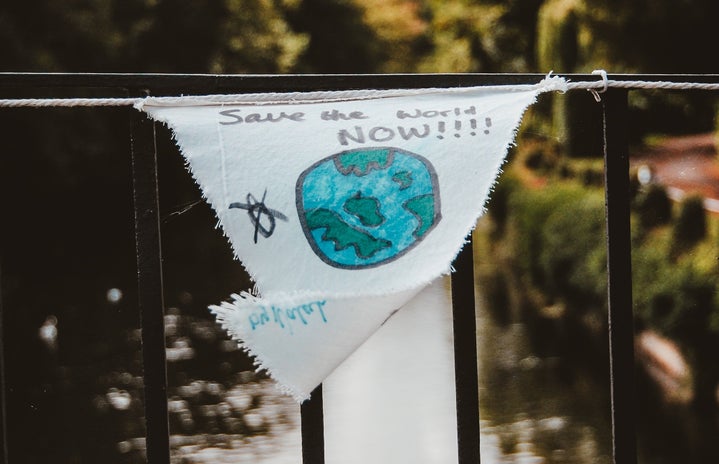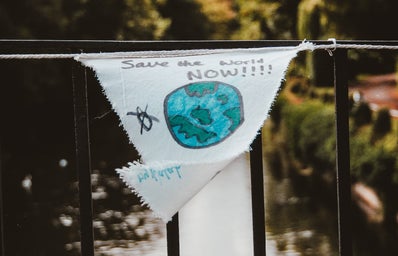While I was in a political theory class at Wake Forest University, we discussed the issues with surveillance present in the United States. When people think about this kind of observation, they imagine their car’s license plate being photographed or their internet searches being watched, but supervision of the government on their citizens in the United States has become much more intrusive. The amount of data collected on people has become immense and whistleblowers, like Edward Snowden, have illuminated the invasive some of the programs that are really taking place in this country. The ethical debate surrounding surveillance weighs the good or benefit to the nation of the privacy over the individual. While people may still have a specific idea about what the United States government does, these techniques have wide ranging consequences and have larger implications, such as the debate surrounding public health surveillance, which is more detrimental than helpful.
In public health surveillance, the health of the group is prioritized against the privacy of an individual’s medical information. This kind of reconnaissance is the collection of people’s health related data, which is then analyzed to prevent disease outbreaks and work with public health systems (“WHO | Q&A”). Around the world, this surveillance used to be done with different kinds of surveys, disease registries, and lab data, but now it is starting to be performed with data from social networks and genetic data (“WHO | Q&A”). The implications of public health surveillance can negatively affect many people because they do not always know where their health information is going, despite large bodies such as the World Health Organization and the Center’s for Disease Control pushing for better technology to continue these procedures.
People who advocate for this heightened surveillance risk the slippery slope of the United States into a dangerous situation, where arms of the government, that do not have any oversight, are given free reign over the private lives of citizens. A place where dissent is not celebrated but instead it is punished is the place that the slope arrives at. This is just as bad with public health surveillance, despite the fact that, on the surface, it seems promising and beneficial. The FISA Law, that was talked about in the New York Times article by Ryan Lizza, prevents the NSA from simply amassing material of Americans, however despite this law administrations have tried to get around this they have created the culture of collecting huge amounts of metadata. This practice has easily transitioned into public health data. Without people’s consent, troves of health information have been stored and are used for research (McGreevy). This is dangerous, using people’s private information without their knowledge is moving backward, not forward.
The ethics surrounding surveillance is an important debate, but it becomes a necessary discussion to have when people’s health information is at stake. Public health surveillance may seem as though it is a technological advancement, but people do not always consent to their private information being used, and there could be situations where data gets into the wrong hands. People have a certain idea of reconnaissance, but these practices and techniques have become much more far reaching than many know, and public health surveillance is one step too far.



